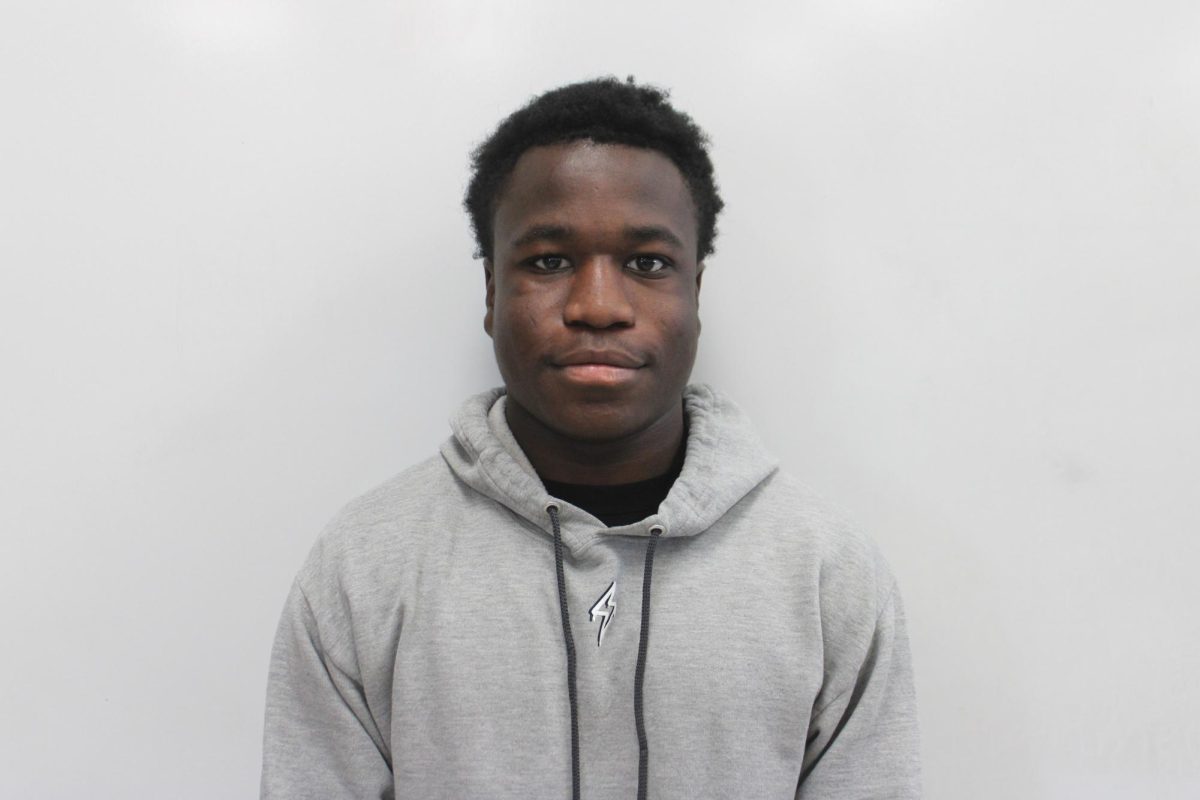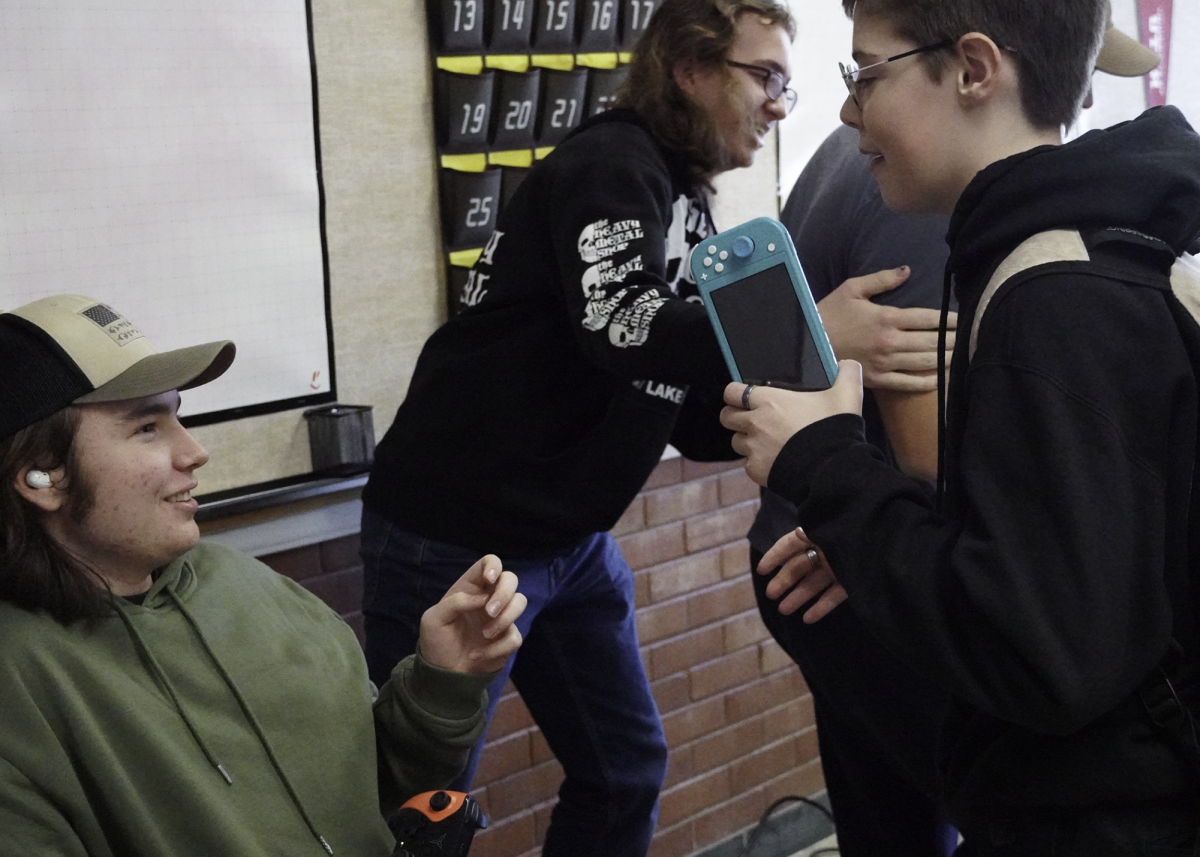Planned Parenthood is Necessary for Teens
November 13, 2015
When I picture health class I think of endless, traumatizing videos about drug-use and the painful week-or-so spent focusing on awkward, overly-scientific discussions and diagrams about sex and STDs.
To put it frankly, health class is not a place that I would ever choose to be, and it is definitely not the informative, open environment that it should be, especially when it comes to human sexuality. This isn’t the fault of health teachers so much as the restrictive curriculum that they have to work with, as well as the judgmental atmosphere that can arise in a high school setting.
In Utah and 26 other states, public schools are required to teach abstinence-only sex ed. This means that students are taught that they should not become sexually active until marriage. While abstinence is clearly the safest way to handle sex, it is unrealistic to believe that all teens will follow that model. In fact, the US department of Human Health and Services estimates that by their senior year, 62 percent of teenagers have had sex. Thus, it is imperative that teens are taught how to be safe should they make the decision to become sexually active. Additionally, the ideals behind an abstinence-only curriculum fail to address LGBTQ youth and can shame teens who are sexually active, creating a closed and biased environment.
This is where Planned Parenthood comes in.
Planned Parenthood is a sexual health organization that provides cancer screenings, STD testing, sexual education programs, research programs, abortion services, contraceptives, and prenatal care for both women and men of all ages and all financial backgrounds. Right now, Planned Parenthood is facing accusations about malpractice regarding fetal tissue donation . Honestly, it’s hard to say whether these accusations are true or false as there is a lot of ambiguity about what — if anything — has actually been happening. But the point of this editorial is not to argue for the legality of anyone’s actions. The recent allegations have been clouding Planned Parenthood’s message, and I think that it’s important to clear up some of the misconceptions that have arisen. Planned Parenthood is vital to the health of our nation, and thus, mustn’t be defunded.
In a place like Utah where teens are not exposed to factual, comprehensive sexual education, it is difficult for those who have questions about sexual health to find accurate answers. In a perfect world, teenagers could just ask their parents these questions, but for some this is simply not an option. Planned Parenthood is so important because it is one of few places in a state like Utah where teens can comfortably ask questions about sexual health and birth control without being condemned. Teenagers who have access to this information are 50% less likely to become pregnant (Journal of Adolescent Health), and preventing unplanned pregnancies is a huge step towards lowering national abortion rates.
Nobody — pro-life, pro-choice, or somewhere in between — wants high abortion rates. In fact, I doubt that many people want abortions to happen at all. The fact of the matter, however, is that abortions will happen whether they are legal or not, but we can greatly reduce their prevalence through family planning. Family planning is essentially the process of deciding when to have children and how to prevent unwanted pregnancy through contraceptives. Planned Parenthood is the nation’s leading provider in family planning services, serving more than 5 million men and women worldwide. Right now, abortion and unplanned pregnancy rates are the lowest they have been in the past 20 years (CDC), and a study in 2007 by the American Journal of Public health on teen pregnancy showed that 86 percent of this decline is thanks to effective contraceptive use and distribution. Planned Parenthood has certainly played a role in this, and if it was defunded we can expect to see a rise in unplanned pregnancies and abortion, as fewer people will have access to family planning services.
Family planning is most important when someone makes the decision to become sexually active, however a lot of young women start birth control long before they become sexually active for a variety of health and safety reasons. Right now, 1 in 6 women in the United States have been victims of rape, and for many women, birth control provides security should they find themselves assaulted. Rape is something nobody should ever have to endure, and unwanted pregnancy on top of the terrible emotional and physical scars that it causes is far too much for anyone to deal with. Taking away Planned Parenthood is taking away the security and empowerment of millions of women, many of whom can probably not afford birth control elsewhere.
The outreach that Planned Parenthood has, especially in low-income areas, is unparalleled by any other women’s health center. For people who have insurance and have the money to pay for prescription birth control, defunding Planned Parenthood might not directly affect them. People who do not have insurance, however, would have a very difficult time getting reliable birth control, STD tests, or cancer screenings because these services are so expensive. The non-profit nature of Planned Parenthood allows people without insurance to get any service besides abortion for a free or greatly reduced price, depending on their family’s yearly income. Planned Parenthood estimates that 78 percent of their patients are at or below 150 percent of the federal poverty level. This means that if Planned Parenthood were defunded, nearly four million people will lose access to safe, sexual health care services that they can actually afford.
Planned Parenthood is not about taking over the role of a parent or helping people to get away with irresponsibility, it is about the belief that everyone has a right to be in charge of their own fertility. Defunding Planned Parenthood would be completely unfair to the millions who depend on its services and would repress accessible healthcare services for people across America.



























